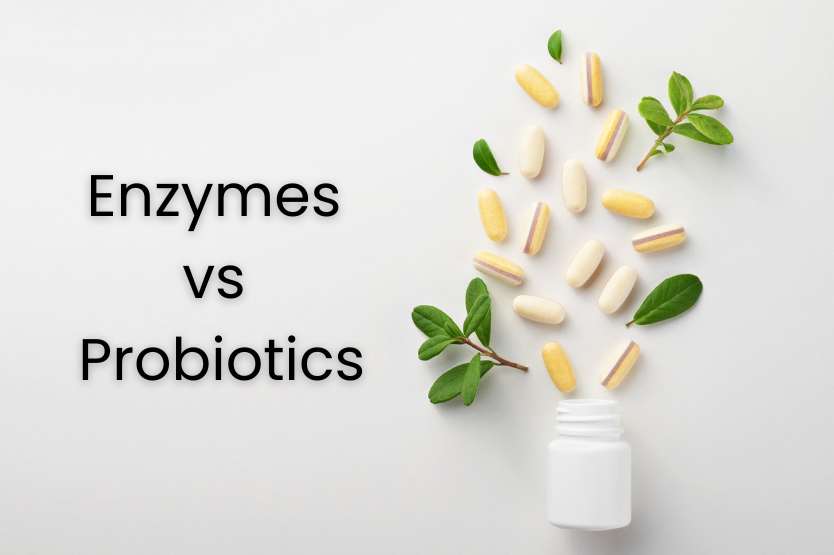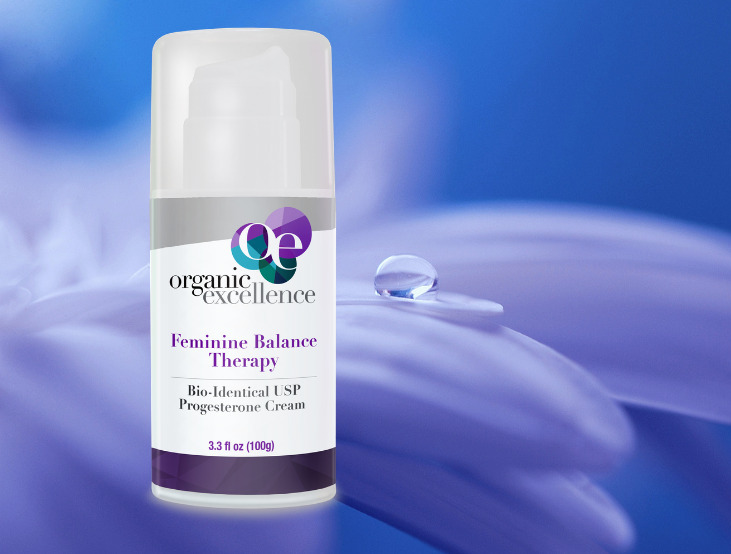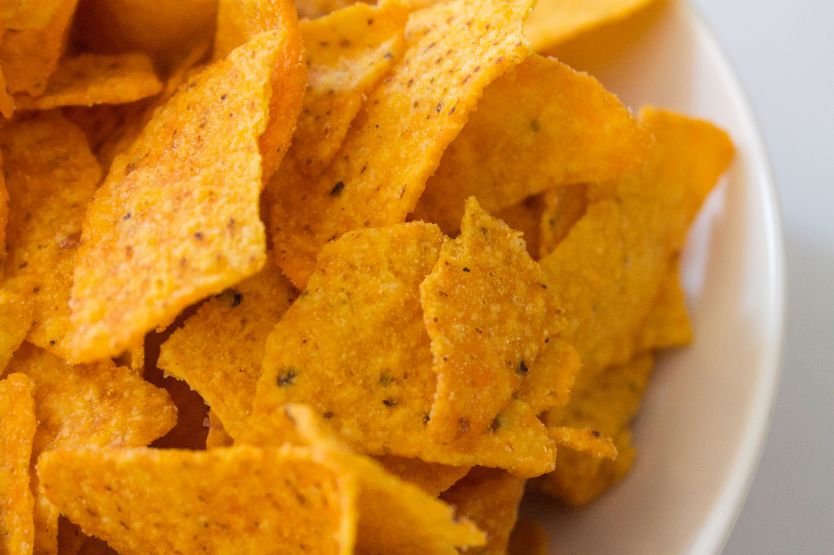What are Enzymes
What Are Enzymes and Why Are They Important for Women Over 40
What are enzymes and why are they so important yet not many doctors or nutritionists discuss with their patients or clients? Have you ever wondered how your body turns the food you eat into energy? It’s like magic, but there’s actually science behind it. The secret lies in tiny proteins called enzymes. Let’s dive into what enzymes are, why they’re so important for everyone—especially women over 40—and how you can keep them working well with the right foods and lifestyle.
What Are Enzymes?
Enzymes are special proteins that act like little helpers in your body. They speed up chemical reactions that are necessary for things like digesting food, repairing cells, and getting rid of toxins. Without enzymes, these processes would happen too slowly for us to survive.
Imagine you’re baking a cake. The ingredients—flour, sugar, eggs—won’t turn into a cake on their own. You need heat from the oven to mix them properly and bake the cake. In your body, enzymes are like the heat in the oven. They make sure everything happens quickly and efficiently.
Why Are Enzymes Crucial for Women Over 40?
As we get older, our bodies start to change. For women over 40, these changes can include slower metabolism, digestive issues, and less efficient cell repair. Enzymes play a big role in these processes, and as we age, the number of enzymes and their activity can decrease. This means your body might not break down food as well, leading to less energy and more digestive problems.
Here’s why enzymes are extra important for women over 40:
- Digestion: Enzymes help break down food into nutrients. With fewer enzymes, you might feel bloated or have stomach issues.
- Energy: Enzymes help turn the food you eat into energy. Less efficient enzymes mean you might feel tired more often.
- Cell Repair: Enzymes help repair and build new cells. As you age, your skin, hair, and overall health depend on efficient cell repair.
- Detoxification: Enzymes help remove toxins from your body. This is crucial for maintaining good health and preventing diseases.
Foods to Include in Your Diet
To keep your enzymes working well, you need to eat the right foods. Here are some enzyme-friendly foods that can help:
- Pineapple and Papaya: These fruits contain natural enzymes like bromelain and papain, which help with digestion.
- Fermented Foods: Foods like yogurt, kefir, sauerkraut, and kimchi are rich in probiotics, which support enzyme activity and gut health.
- Raw Vegetables and Fruits: Cooking can destroy enzymes, so eating raw fruits and vegetables can help you get more enzymes.
- Avocados: These are rich in healthy fats and contain enzymes that help with digestion.
- Ginger and Garlic: These spices can boost enzyme activity and have anti-inflammatory properties.
As always, buy organic when possible or grown locally without pesticides or herbicides.
Foods to Avoid
Some foods can hinder enzyme activity and should be limited:
- Processed Foods: These often contain preservatives and artificial ingredients that can disrupt enzyme activity.
- Sugar: High sugar intake can lead to inflammation, which can affect enzyme function.
- Fried Foods: These can be hard to digest and can slow down enzyme activity. Most oils are genetically modified as well.
- Alcohol: Too much alcohol can damage your liver, which produces many enzymes needed for digestion and detoxification.
How Stress Impacts Enzymes
Stress is a big deal when it comes to enzymes. When you’re stressed, your body goes into “fight or flight” mode, and this can affect digestion and enzyme production. Here’s how stress impacts your enzymes:
- Reduced Digestive Enzymes: Stress can slow down the production of digestive enzymes, leading to stomach problems.
- Increased Toxins: Stress can cause your body to produce more toxins, which your enzymes need to work harder to remove.
- Slower Metabolism: Stress hormones can slow down your metabolism, making it harder for your body to use food efficiently.
To keep your enzymes happy, it’s important to manage stress. Here are a few tips:
- Exercise Regularly: Physical activity can help reduce stress and boost enzyme activity.
- Get Enough Sleep: Aim for 7-9 hours of sleep each night to allow your body to repair and produce enzymes.
- Practice Relaxation Techniques: Activities like yoga, meditation, and deep breathing can help lower stress levels.
Conclusion
Enzymes are vital for keeping your body running smoothly, especially as you age. For women over 40, maintaining enzyme health can help with digestion, energy levels, and overall well-being. By including enzyme-friendly foods in your diet, avoiding foods that hinder enzyme activity, and managing stress, you can support your body’s natural processes and stay healthy. So, next time you think about what to eat or how to relax, remember the little helpers in your body—your enzymes—are counting on you!

















